There is nothing in the universe as potent, powerful, or personal as the precious blood of Jesus Christ. The Blood of Jesus has eternal value and infinite virtue. It is sinless and incorruptible. The blood of Christ is not a metaphor, but literal. The Bible testimony of Christ’s blood is clear and unequivocal. Blood is indeed a strange and mysterious substance, because scripture attests that ’life lies within the blood’ (Lev 17:11). Blood is consequently the unfathomable link between physical matter and spirit. How our soul interacts with this inexplicable substance is unclear, but we do know when God breathed into man, he became a ‘living soul’ (Gen 2:7).
The living component of our soul resides mostly in the blood. English physician, William Harvey who first discovered the circulation of the blood, said of it, “It is the first to live, and the last to die; and the primary seat of the soul. It lives and is nourished of itself and by no other part of the body.” By far and away, the most precious blood of all, is the blood of Christ, closely followed by the blood of innocents and martyrs (Gen 4:10, Mat 23:35).
The Blood line of Christ runs like a scarlet thread from Genesis to Revelation, revealing God’s plan of redemption. In order to commence His plan, God chose Abraham. This man, later became a family and finally, a nation. This nation would be temporarily trapped in Egypt for 400 years, but liberated by God’s supernatural providence. Through this nation (later Israel), chosen and set apart from others, God brought forth His oracles, on tablets of stone, and eventually, ‘a body prepared’ for the Lamb of God.
It’s time to decide…
When Jesus entered the earthly temple, declaring the Old Testament, Law and Prophets prophesied of His coming, His own blood would be the testifier (Lk 24:45-46). He would later enter the heavenly tabernacle, sprinkling His blood on the mercy seat, as testimony of His rightful title as savior of the universe. But, not everyone at the time, could envisage that His crucifixion and resurrection would eventually provide the key to unlock humanity from its spiritual slavery. In fact, many renowned prophets of the day either missed His coming entirely, or chose not to acknowledge the truth staring them in the face.
However, before you leave this earth, you too must decide whether Christ’s claim as savior of mankind was mere hubris or authentic.

The importance of the blood sacrifice
Every Jew knew the significance of blood. The entire Old Testament religion was based on the concept of blood sacrifice. Without the shedding of blood there is no remission of sin (Heb 9:22) and without the ultimate sacrifice (Christ), the sin issue would still be unresolved. The biblical emphasis on the blood of atonement is referred to in no less than thirty-six bible verses. In fact, the blood of Jesus instituted the New Covenant and it is the very foundation of our faith.
The blood of Christ is indeed, the linchpin or bridge between the two testaments. It is by the shedding of His own blood, did Christ purge His people from sin. For indeed, Christ purchased the Church of God, with His blood (Acts 20:28).
Final atonement was provided at Calvary by the very words, ‘it is finished’ (John 19:30) and nothing should be added to Christ’s declaration.
Justified by His blood
We are justified by Christ’s blood and credited as being right with God because of it. Prior to Christ’s sacrifice, the wages of our sin were unpaid, solidifying our spiritual death sentence. We were all in a state of total hopelessness and depravity, had Christ not intervened as mediator between man and God.
We therefore conclude that the blood of Jesus satisfies God’s justice (Rom. 3:25–26), defeats Satan (See Rev. 12:11), and cleanses us from all sin (1 John 1:7). No wonder the Apostle Peter called Christ’s blood ‘precious’ (1 Pet. 1:19). Is it me or are we not hearing the blood of Jesus preached from pulpits, as much as we used to? Dr R T Williams had a famous saying when discipling young ministers, “honor the blood and honor the Holy Ghost.” If we allow liberal preachers or theologians, to back off from teaching about the atoning power of Christ’s blood then the devil will have won a major victory.
Take a look around you, we are living in a culture, where the blood of Christ is rarely preached anymore, having been replaced in the pulpit, by a ‘feel-good message,’ focusing on practical biblical principles for success, instead of the true gospel message of repentance and faith in the blood.
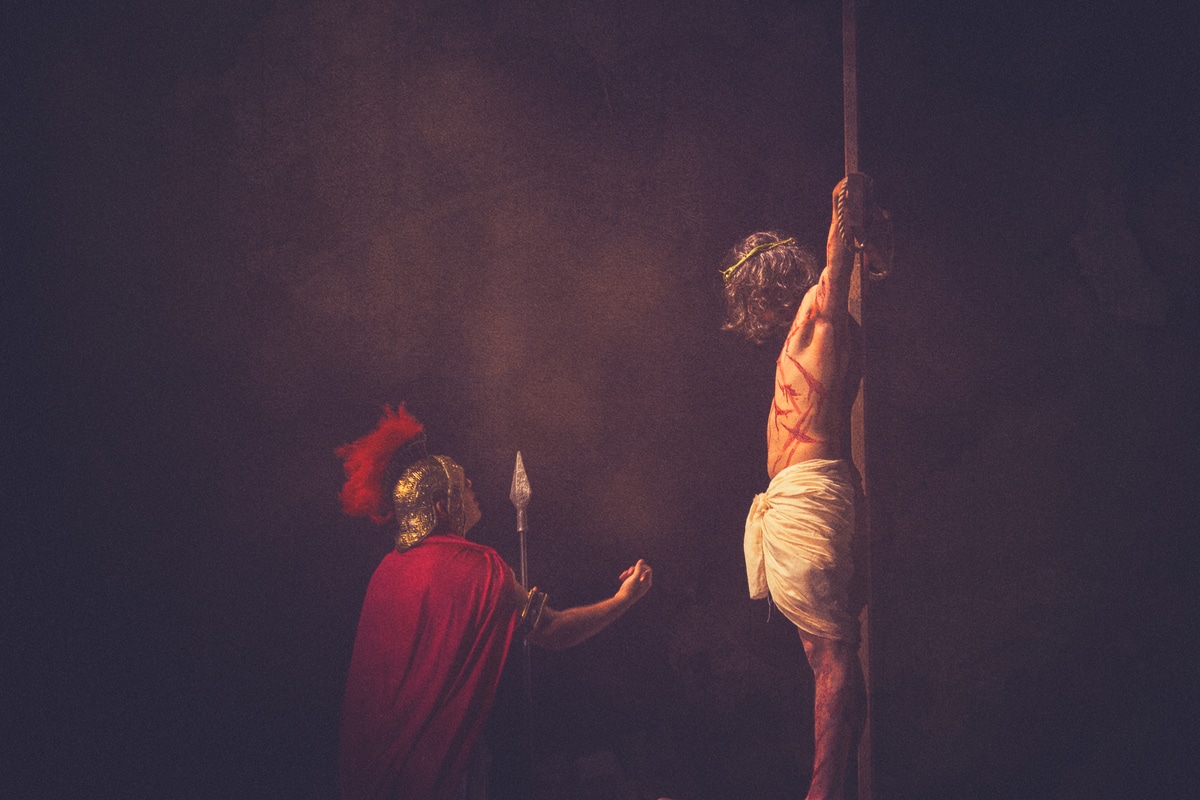
The Fourfold purpose of Christ’s Blood
We are redeemed, cleansed, justified, and reconciled by Christ’s blood. By it we enjoy access to God (Heb 10:19) and victory over Satan (Rev 12:11). The testimony of the redeemed-on earth exalts the blood of Christ (Rev. 1:5). The song of the redeemed in heaven does the same (Rev. 5:9).
The shedding of Christ’s blood is the defining moment of history and it will reside in the consciousness of the redeemed for all eternity.
Let us now review the most pertinent scriptures regarding the blood’s purpose:
- Redeemed – “In whom we have redemption through his blood, the forgiveness of sins, according to the riches of his grace” (Eph 1:17). “Forasmuch as ye know that ye were not redeemed with corruptible things, as silver and gold, from your vain conversation received by tradition from your fathers; But with the precious blood of Christ, as of a lamb without blemish and without spot.” (1st Pet 1:18-19)
- Cleansed – “But if we walk in the light, as he is in the light, we have fellowship one with another, and the blood of Jesus Christ his Son cleanseth us from all sin.” (1st Jn 1:7)
- Justified – “Much more then, being now justified by his blood, we shall be saved from wrath through him.“ (Rom 5:9)
- Reconciled – “And, having made peace through the blood of his cross, by him to reconcile all things unto himself; by him, I say, whether they be things in earth, or things in heaven.“ (Col 1:20)
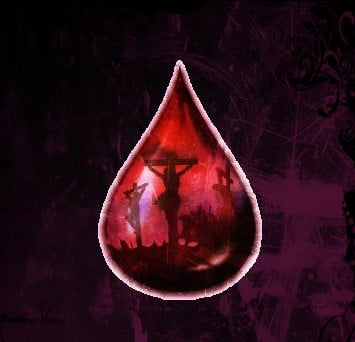
The average adult weighing 150 to 180 pounds should have about 1.2 to 1.5 gallons of blood in their body. This is about 4,500 to 5,700 mL., being approximately 7% of his entire body weight. The amount of blood in the human body can differ based on geographical location. For example, those who live in higher regions (like Colorado) have more blood and red corpuscles, because there isn’t as much oxygen at higher altitudes. The medical community cites four stages or classes of blood loss, with class IV being critical. A class IV loss represents about 40% of the total blood within the human body. It is difficult to ascertain the precise stages of blood loss Christ encountered along our road to redemption, albeit, stage IV was assuredly reached when he died on the cross.
The Five-fold evidences of Christ’s blood being shed
The first evidence of Jesus shedding his blood was in the Garden of Gethsemane, ‘And being in anguish, he prayed more earnestly, and his sweat was like drops of blood falling to the ground’ (Luke 22:44). His struggle began in mental anguish, as he contemplated the sins of humanity being cast upon His soul, and the thought of eventually ‘becoming sin’ for us (2 Cor 5:21), which He later accomplished on the cross.

The second time Jesus shed blood was after His flogging by Pilate’s order (Matt. 27:26. cf. John 19:1). The Passion movie, shows Christ’s horrific beating and scourging at the hands of merciless Roman guards by various weapons, including the cat and nine tails which tore flesh on the return stroke, utilizing sharp jagged pieces of iron at the end of each of the nine leather strands. Christ’s gruesome death began at the hands of Roman centurions who viciously mocked Him.
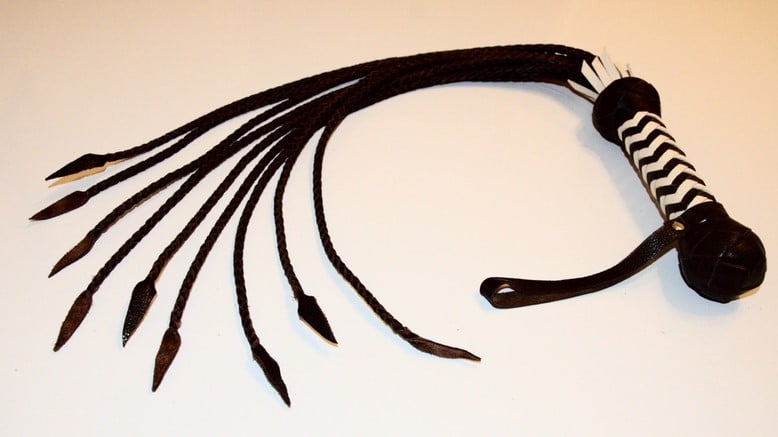
The third would have followed the Roman soldiers’ having set a crown of thorns on his head (Matt. 27:29. cf. John 19:2). The objective of Pilate’s guards in doing this was to insult and inflict pain. The crown of thorns the soldiers forced on Jesus’ head may have been woven from the long spikelike thorns of the date palm, which are exceedingly sharp to the touch and can easily puncture thick plastics, to say nothing of flesh.
The crown of thorns has interesting symbolism for two reasons. It represented a crown of curses, as thorns and thistles, were formed as part of the curse on humanity (Gen 3:17-18). By wearing a crown of thorns, although the Romans meant it as a form of mockery, it was really Christ’s crown of suffering (Isa 53) and an allusion to His future role as conquering King (Rev 19). In actuality, Jesus wore the very crown which represented the curse which He would later become for us (Gal 3:13).
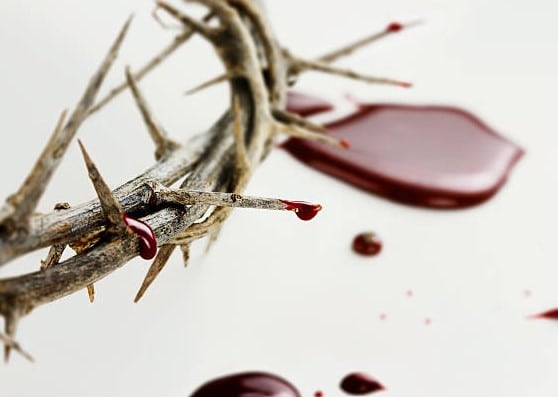
The fourth and main part of Jesus’ shedding of blood was the act of crucifixion itself. Crucifixion was indisputably one of the cruelest and most barbaric forms of punishment in the ancient world, having its origin in Persia. At the time Christ was crucified, this form of punishment was reserved exclusively for the most serious offenders, usually those who committed treasonous acts or participated in state terrorism. Christ was wrongly murdered in this manner, being an innocent man. Flavius Josephus described crucifixion as, ‘the most wretched of deaths.’ It was viewed in such horror that in one of Seneca’s letters to Lucilius, Seneca wrote that suicide was preferable to crucifixion.
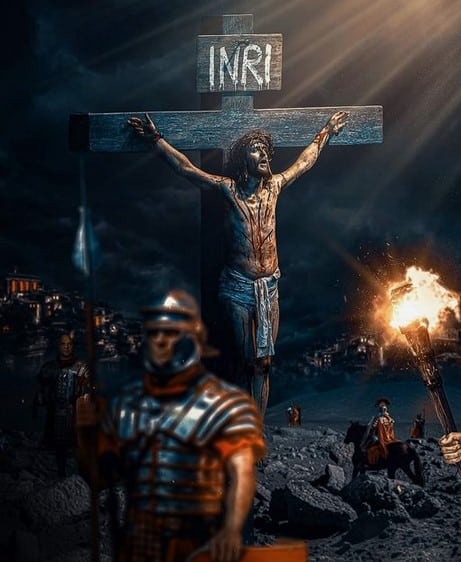
Nine-inch nails were thrust into Christ’s hands and feet into the wooden cross. This cross was then hoisted upwards and dropped into a hole in the ground. While hanging in extreme agony the blood dripped to the ground, flowing from Christ’s brow, his hands and feet—and possibly other parts of his body from the flogging. At this juncture, Christ most likely came very close to losing at least 40% of His entire blood supply, as His life force began to ebb away.
Christ spent six hours on the cross, an apt duration for the redemption of mankind. Man was created on the 6th day and the number six is symbolic of the pinnacle of God’s creation for that reason
(Genesis 1:24-31, Revelation 13:18).
Christ was hoisted at the 3rd hour, which was 9 o’clock in the morning Jewish time. It was at this very moment the Lambs at the temple grounds were being prepared for sacrifice. By 3 o’clock that afternoon, when the people were singing praises to God, echoing throughout the hills of Jerusalem, as they watched the sacrificial lambs being slaughtered, it was at this very moment, Jesus died as ‘the’ Lamb of God, the once and for all sacrifice (Heb 10:1-18). Just as the animals were killed on the north side of the Altar at the temple, Jesus, too was crucified on the north side of Jerusalem. God is very precise in His prophetic fulfillment.
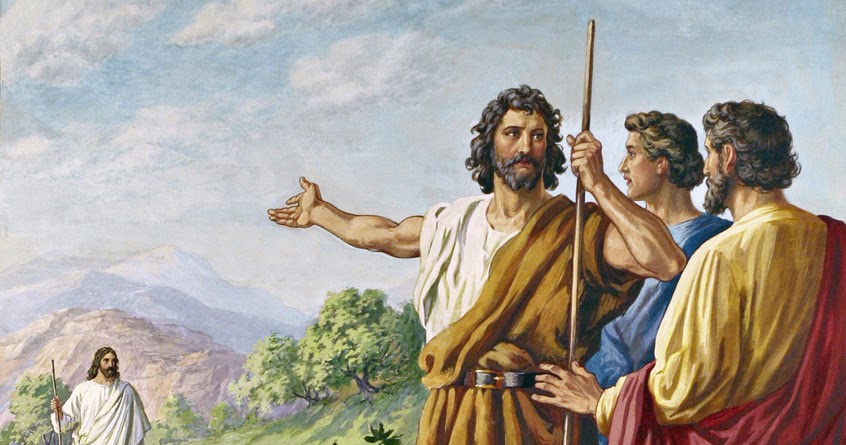
The fifth evidence of shedding blood, immediately following this death, was when a soldier ‘pierced Jesus’ side with a spear, bringing a sudden flow of blood and water’ (John 19:34). Scripture reveals, the blood and water bore witness to His ultimate sacrifice (1st Jn 5:7-9), something modern bible versions often debase in their translations by omitting the Godhead all together, from verse seven.
Authorities have claimed that the flowing forth of blood and water is physiological evidence that Christ’s heart was ruptured, and His death would be almost instantaneous. William Hendriksen in New Testament Commentary, Exposition of the Gospel of John, quotes from an article in Calvin Forum written by a prominent physician in Grand Rapids, Michigan, Dr. Stuart Bergsma, to the effect that blood and water flowing from a spear wound could have only come from a ruptured heart. It was at this moment, Christ gave up the Ghost (Mat 27:50).
The Hyssop Bush: Purging by Blood and Water
What is the significance of the blood and water especially?
In the time of Egypt, the Hebrews used a Hyssop bush to sprinkle the blood of the Lamb on the doorpost, in order to rebuke the angel of death (Ex 12:23). Few realize, the hyssop bush holds water in its stem. Therefore, when the blood was applied, water would flow out of the stem and cover the blood. Let us not forget that when Moses received the ten commandments, he took a hyssop bush, dipped it in blood and sprinkled it over the stone tablets and over all the people present (Ex 24:8). Hyssop is a Syrian shrub about 27 inches tall, with small white flowers in bunches at the end of the stem. The white flowers represent purification, highlighted by Psalm 51:7, “Purge me with hyssop, and I shall be clean: Wash me, and I shall be whiter than snow.”
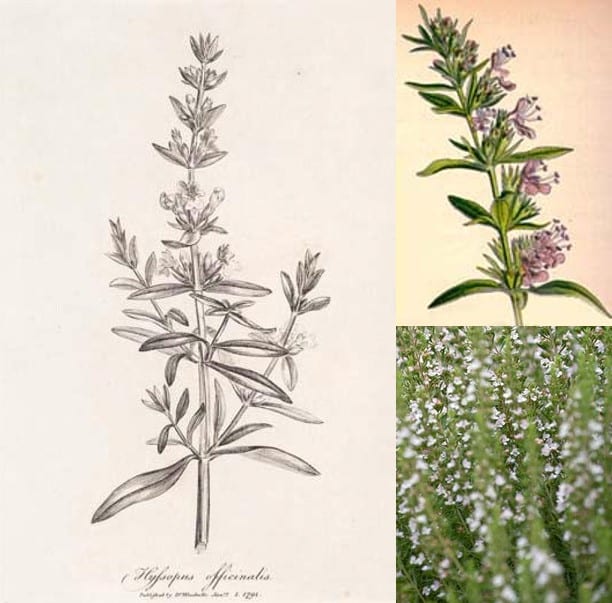
Later, Moses would sprinkle blood over all the furnishings of the tabernacle, utilizing the same hyssop branch, with water in it’s stem. And finally, when the temple of Jerusalem was built, the blood of sacrificed animals would be drained into basins underneath the Altar. Water then flowed through the basins carrying the blood outside the Temple for all to see, proving the acceptance of the sacrifice. Blood and water testified on three occasions in the Old Testament, prior to Christ’s piercing on the cross.
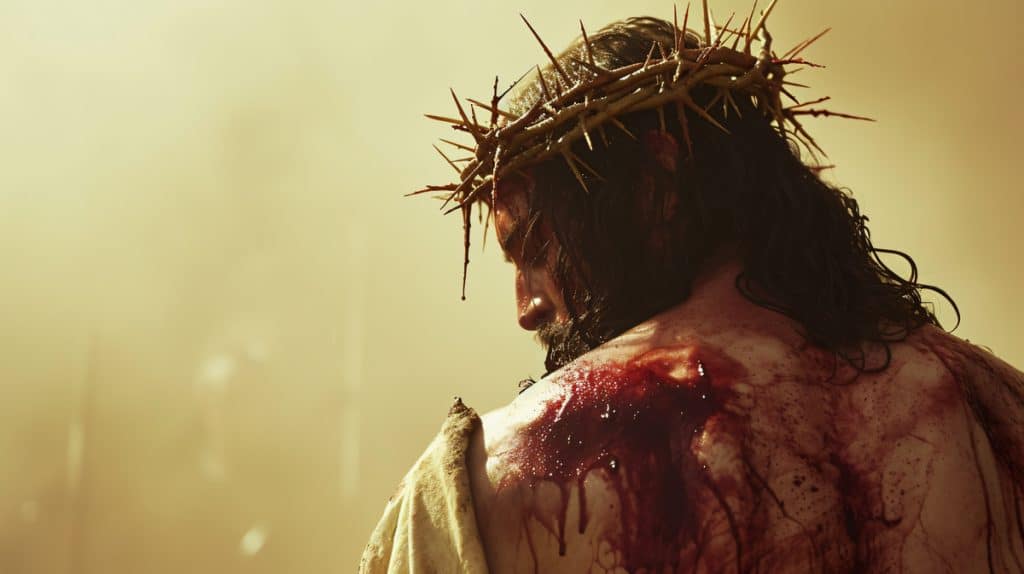
A Life given and a Life received
In summary, blood and water were present in Egypt at the moment of deliverance in the Passover ceremony, when the Holy law was distributed to mankind, when the sacrificial animals were slaughtered at the temple and finally at Christ’s death. All these typologies point to the Lamb of God, our ultimate Passover Lamb (1st Cor 5:7). In essence, the blood represents a life given and the water represents a life received. Christ poured out His blood for us, granting us spiritual life in the process. Yet His blood is redundant if it is not personally appropriated.
Jesus – The Perfect God-Man
Before the foundation of the world, Christ’s visit to the earth was already decided (1st Pet 1:18-20). Just at the right time, God remembered His covenant with Himself, made from the very beginning and sent His precious son Jesus Christ to redeem mankind. He came to the earth as flesh, blood and bone, albeit, he is now flesh and bone, having shed the vast majority of His blood at Calvary and sprinkled the remainder on the mercy seat in Heaven (more on that shortly). In Christ’s present, glorified state, He is flesh and bone, with God’s glory flowing through His veins. We too await our glorified bodies in like manner as only flesh and bone can inherit the Kingdom of God (1st Cor 15:50), but flesh and blood cannot.
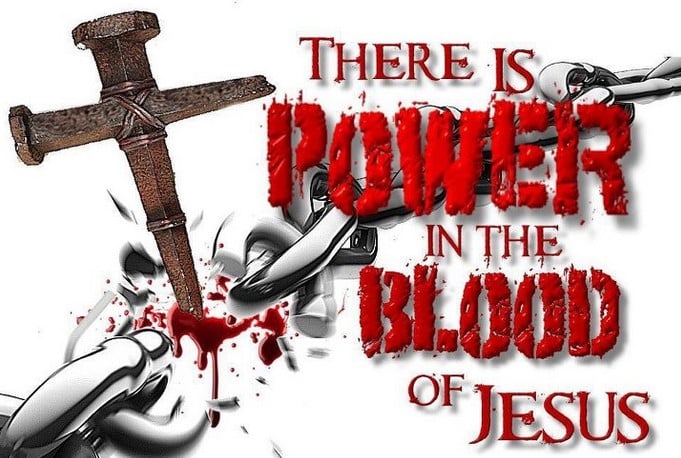
As Christ was born of the seed of a woman, so His blood was of supernatural origin. It was not tainted by Adam’s sinful nature; therefore, He was uniquely qualified to be our redeemer. The sinful nature which resides within the blood supply of every man, born of Adam (Rom 5:12), was not present in the baby Jesus, when He laid in a food trough, one cold starry night, long ago.
Christ was perfectly righteous and Holy due to His uncontaminated blood supply. Therefore, the blood He would later present on the mercy seat, would be spotless and without blemish, free from sinful contaminants. Christ fulfilled the law to the very letter, as the perfect God-man and Son of Man.
In His crucifixion, Christ would cut covenant with mankind, as the testator of a new covenant, based on His merit, not our own. In this courageous act, Christ took on our robe of self-righteousness, which was filthy rags to Him (Isa 64:6). When God looks at our filthy sinful condition, he now sees His Son instead. Christ was the conduit for a divine exchange, namely our transition from sinful to sinless, as we are now joint-heirs with Him (Rom 8:17).
Christ enters the Heavenly Holy of Holies once and for all
The final act of the God-Man was to alleviate God’s wrath toward man, by sprinkling His own blood on the mercy seat in heaven, as the ultimate High-Priest and Lamb of God, in the final act of propitiation, “Neither by the blood of goats and calves, but by his own blood he entered in once into the holy place, having obtained eternal redemption for us” (Heb 9:12). The High Priest entered the Holy of Holies once a year on the Day of Atonement, but never without blood, which he offered for himself and the people. This was done perpetually, for the blood of animals was never sufficient to alleviate Gods wrath towards us.
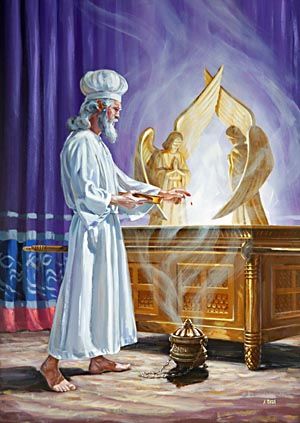
The High Priest, sprinkled the blood of animals seven times over the mercy seat which was situated upon the ark of the covenant. The High Priests final act, once the sacrifice was made, was to sprinkle blood on all the people gathered within the grounds of the Temple. Therefore when Christ sprinkled His blood over the heavenly mercy seat, following priestly protocol, He would have sprinkled it over His people also, i.e., the Church!
Christ’s blood speaks better than Abel’s (Heb 12:24) in as much as Abel’s blood cried out for judgment against his murderous brother Cain. Both Abel and Christ were innocent men, murdered by the seed of Cain. But Christ’s blood cries out to pardon even for His murderers and enemies, including those of His church (the Body of Christ).
Whilst Abel’s blood profited for justification, Christ’s blood serves for the sanctification of us all, from the guilt and power of sin.
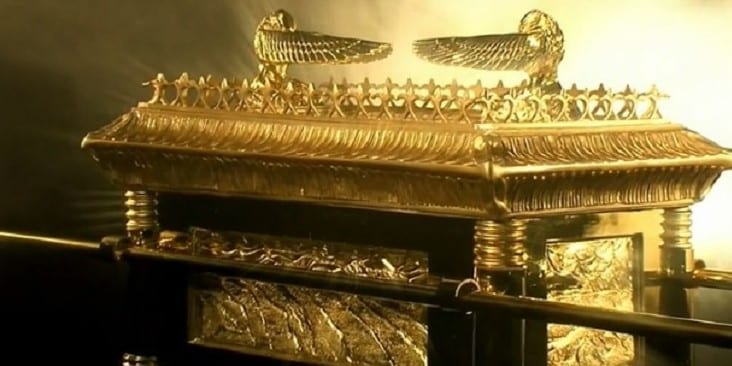
What has the blood of Jesus done for you?
Redemption – “Redeemed by the precious blood of Christ” (1 Pet. 1:19, Eph 1:7).
Justification – “justified by his blood” (Rom. 5:9).
Peace – “having made peace by the blood of his cross” (Col. 1:20).
Deliverance – “he freed us from our sins by his blood” (Rev. 1:5).
Conscience Cleansing – “the blood of Christ cleanses the conscience” (Heb. 9:14).
Cleansing from Sin – “the blood of Jesus cleanses us from all sin” (1 John 1:7).
Intimacy with God – “brought near by the blood of Christ” (Eph. 2:13).
Our filthy robes washed – “robes washed in the blood of the Lamb” (Rev. 7:14).
Overcoming spirit – “they overcame him by the blood of the Lamb” (Rev. 12:11).
Protection from God’s wrath – “propitiation in his blood” (Rom. 3:25).
Access to God’s sanctuary – “we enter the sanctuary through the blood of Jesus” (Heb. 10:19).
Sanctification – “Jesus suffered outside the gate to sanctify the people with his blood”
(Heb. 13:12).
What does Christ’s blood mean for you personally?
Abraham was called righteous under the old covenant because He believed (Gen 15:6, Rom 4:3, Gal 3:6, Jam 2:23). Our road to redemption was never a works-based system from the outset and this was alluded to within the Old Testament. Faith, not works is the means by which we access eternal life. Abraham took great risk by sacrificing Isaac, whom some scholars speculate to have been 33 yrs. old at the time (can anyone spot the significance?).
For Abraham, there was no greater shame than potentially dying without a son, as popularized by the Middle Eastern adage, “Heaven awaits not one who is destitute of a son.” Sacrificing your own son is a thought too terrible to entertain. Yet God was willing to send His only begotten Son to a gruesome death in our stead, despite our ignorance (Rom 5:8).
People are still trying to figure out if God is ‘good,’ when His willingness to sacrifice Christ, His only Son, should answer the question once and for all.
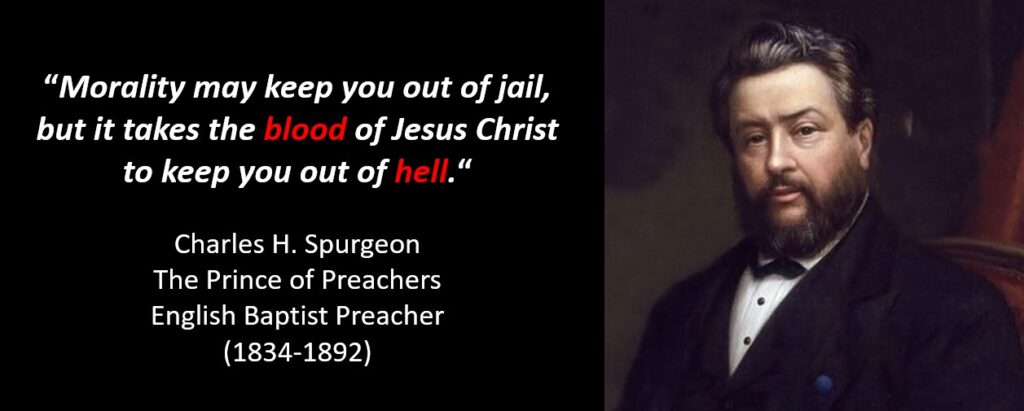
Is your sin-debt paid?
In Roman jails, a prisoner’s crime and the number of years remaining on his sentence, were posted above the door of their cell. Each year the jailer would visit the cell door and mark off the time served, until the debt was fully paid. This paper was called a ‘debt certificate’ and remained nailed to the door until the debt was paid off. Once the time was served, the jailer would stamp, ‘paid in full’ on the certificate and the prisoner would be set free. The question is, has your debt certificate been paid, friend?
The wages of your sin will result in eternal death and separation from God, if you do not change the path, you are on. Many people are simply unaware their debt has been paid. Sadly, ignorance will send many people to Hell in this instance, although this is no longer your excuse having reached thus far in this article. Charles Spurgeon once said, “Morality may keep you out of jail, but it takes the blood of Jesus Christ to keep you out of hell.”
Have you considered the ramifications of not acknowledging Christ’s blood sacrifice?

The good news is Christ already paid your debt in full with His own blood!
If you do not willfully accept Christ’s payment in this lifetime, you will be paying the wage of sin for all eternity. The jailer in this instance is Satan. In Hell, he will stand over your cell, in mockery, reminding you, your debt was paid by Jesus, but you were too prideful to accept it on earth.
All you need to do is repent, acknowledge Christ’s blood sacrifice and believe in Him. Now is the time, you have no promise of tomorrow…Click here to find out more.
Author: Carl G. M. Joseph
Bibliography:
Myer Pearlman, Knowing the Doctrines of the Bible (Pentecostal Classics, Gospel Publishing House, Springfield, Missouri, 1937), 114.
C. H. Spurgeon, “The Voice of the Blood of Christ,” in The New Park Street Pulpit Sermons, vol. 4 (London; Glasgow: Passmore & Alabaster; James Paul; George John Stevenson; George Gallie, 1858), 369.
Alan Cairns, Dictionary of Theological Terms (Belfast; Greenville, SC: Ambassador Emerald International, 2002), 70.
R. T. Kendall, Understanding Theology, Volume Two (Ross-shire, Great Britain: Christian Focus, 2000), 185–186.
https://www.healthline.com/health/how-much-blood-in-human-body
Paul Lee Tan, Encyclopedia of 7700 Illustrations: Signs of the Times (Garland, TX: Bible Communications, Inc., 1996), 1198.
Dr. Richard Booker, The Miracle of the Scarlet Thread (Destiny Image Publishing, Shippensburg, PA, 2008).
Guy P. Duffield and Nathaniel M. Van Cleave, Foundations of Pentecostal Theology (Los Angeles, CA: L.I.F.E. Bible College, 1983), 196.
Gerald L. Borchert, John 12–21, vol. 25B, The New American Commentary (Nashville: Broadman & Holman Publishers, 2002), 248.
Billye Brim, The Blood and the Glory (Harrison House, Tulsa, OK, 1995).
Rick Renner, Paid in Full: An in depth look at the Defining Moments of Christ’s Passion (Harrison House and Teach all Nations Publishing, Tulsa, OK, 2008).
A. Colin Day, Collins Thesaurus of the Bible (Bellingham, WA: Logos Bible Software, 2009).
A. Simpson, The Christ in the Bible Commentary, vol. 6 (Wingspread Publishers, 1994), 181.
Title: The Blood of Jesus: Mysterious and Majestic
Related keyword searches:


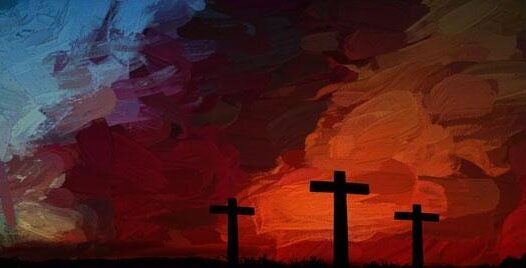



Excellent materials — Cannot download as it states. Wanted to read and study the Blood of Jesus: Mysterious and majestic.
Thanks, Keith Lane.
Re: I can provide a pdf for you Keith, and will send it to you shortly.
Hi Carl Joseph
I was immensely blessed with teaching, it’s so prolific and profound.
Does Christs blood provide protection? Christians “often” use it as a way of praying for protection. As I search the scriptures, I am not seeing that. Does the blood provide the same protection as the blood on the doorways for the Israelites from the angel of death? I that where it comes from and is that reaching?
Thank you for your teaching.
The blood of a sacrificial lamb, during the exodus, in Exodus 12:12-13 is a foreshadowing of Christ’s blood to come, which also provides protection as one of its many aspects. It certainly is not ‘reaching,’ as the typology of a lamb providing protection from the angel of death, points to protection from death itself (whether temporal or everlasting), which only the blood of Christ can provide, via His once and for all sacrifice (Heb 10:10). This is known as propitiation and justification (Rom 5:9, Rom 3:25-26) which includes protection. Even the sting of death has been lost for the Christian (1 Cor 15:55). I can count over 50 scriptures offering protection in the Bible, which is sealed by Christ’s blood for the covenant believer. These are appropriated by ‘faith.’
Just as Joseph the suffering servant is a type of Christ, so the blood of the Passover lamb was a ‘type’ of the ‘Lamb of God’ to come. If the blood of a lamb which has no intrinsic power, offered spiritual protection during the exodus, then why wouldn’t the precious blood of the ‘Lamb of God’ (Jn 1:29-34), offer so much more?
If the blood of a lamb on the doorposts was enough to stay the angel of death and cause it to pass over the righteous, why wouldn’t Christ’s blood offer like protection from the demonic realm in this dispensation? In fact, we are commissioned to cast out demons (Mk 16:17) and the devil flees from us (Jam 4:7), so protection is already bestowed and guaranteed against the demonic realm, for those in Christ. The blood is the means by which these rights were granted to us and ‘pleading’ the blood in prayer is another act of faith to call upon the spiritual power it possesses.
The blood of Christ is the avenue for our power and authority ‘in His name.” Without Christ’s blood, we could not perform the mandate to ‘destroy the works of the devil’ (1st Jn 3:8). We also know the wicked one cannot ‘touch’ the righteous (1 Jn 5:18). God will allow what we allow. We determine the measure of enforcement for Christ’s authority in our lives as well as through the lives of others via supplication. Rest assured you have protection in the spiritual realm by default and any manifestation which questions your authority must be dealt with immediately, as apathy is perhaps one of the greatest of sins, for the blood bought believer.
You might want to check out our spiritual authority series…
https://carljosephministries.com/podcast/authority-series-part-1-introduction-to-spiritual-authority/
One of the root Hebrew words for atonement is כפר (kpr), which is often defined as ‘to cover.’ Christ’s blood offers us a covering and protection under the wings and shadow of the Almighty (Ps 91:1,4).
good lesson, God bless you!